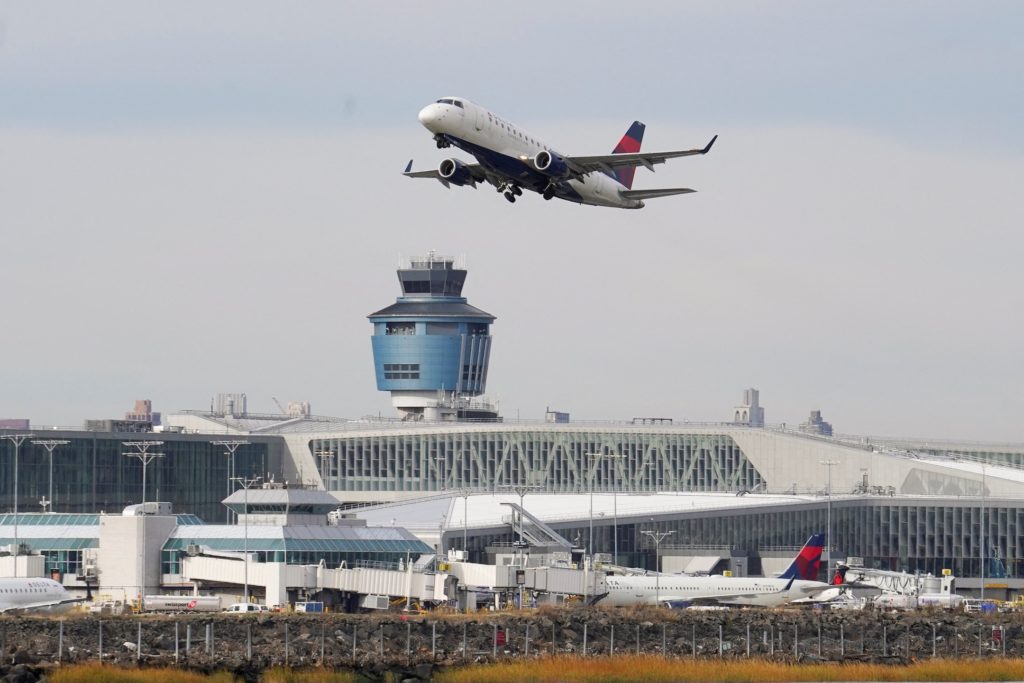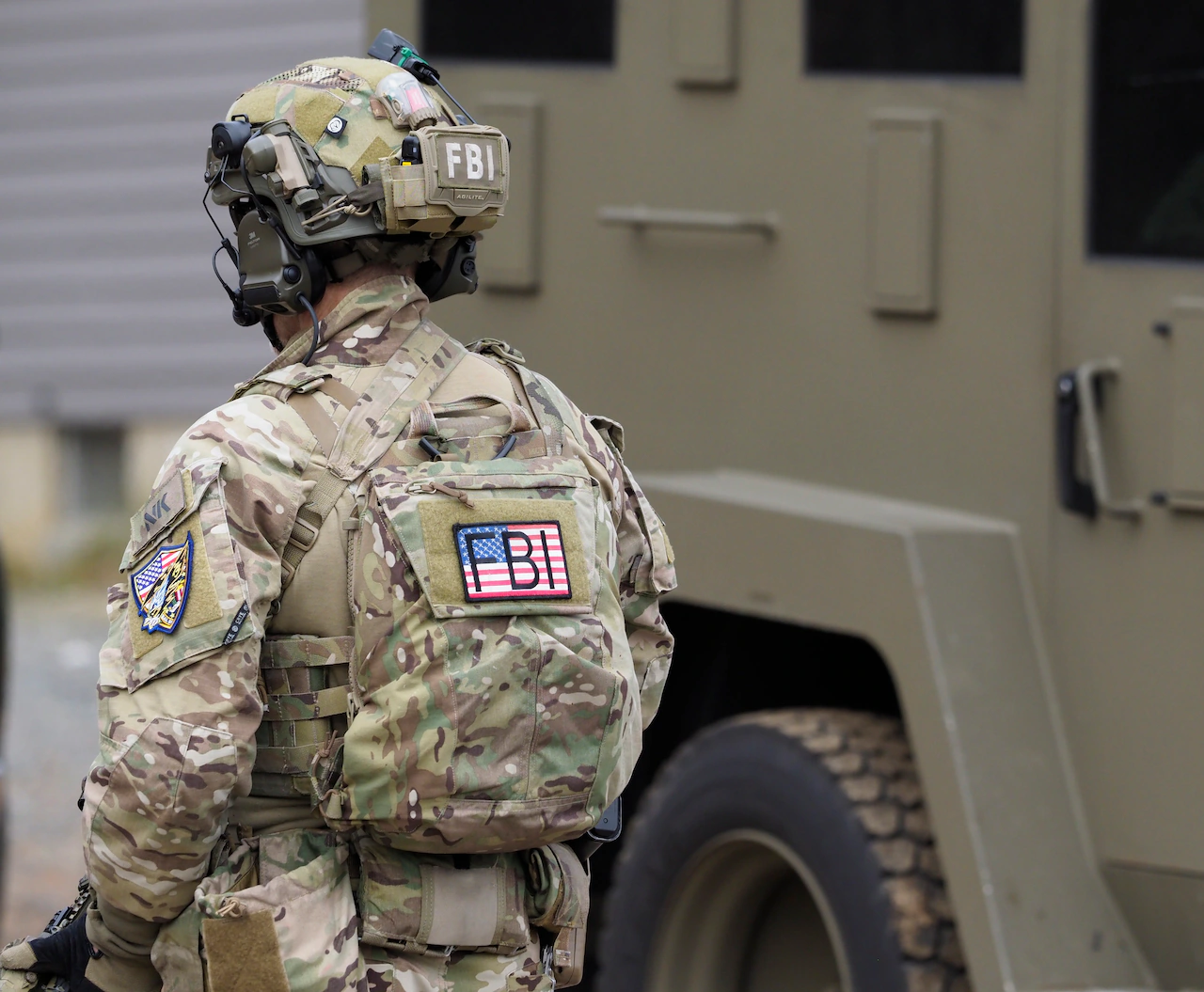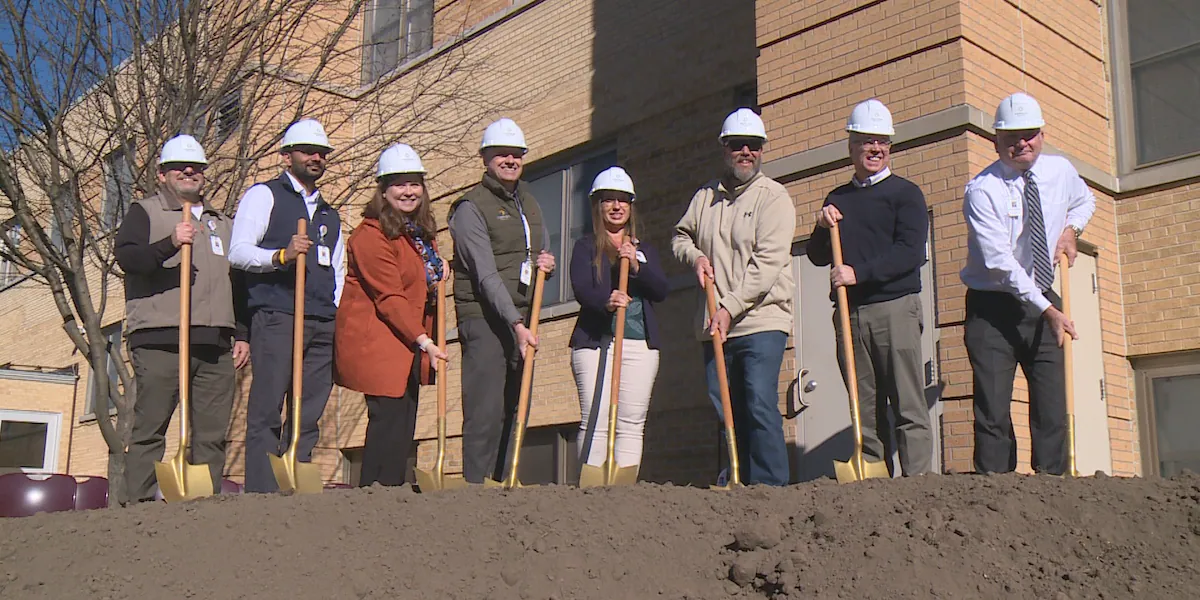Copyright PBS News

Amna Nawaz: U.S. airlines began cutting flights at major airports today, as the longest government shutdown in U.S. history continues. More than 1,000 flights at 40 airports were canceled by early evening, and the Trump administration battled in court over an order to start paying food aid immediately. Lisa Desjardins reports all of this comes as Congress and the president remain deadlocked over a way out. Lisa Desjardins: Today, a government-ordered nationwide scale-back of flights and a new question mark for travelers. Angele, Air Traveler, Reagan National Airport: Nobody want to travel and then you end up getting stuck, so that's definitely a concern for a lot of us, for sure. Lisa Desjardins: As the government shutdown enters its 38th day. Michael Timinston, Air Traveler, Reagan National Airport: I think the shutdown is terrible. And it's affected my travel, in that I woke up this morning not knowing whether or not I could take my flight. Lisa Desjardins: Meanwhile, over a million federal workers have been without pay for at least a month, many forced to stay on the job, and many air traffic controllers and TSA workers are calling out sick. TSA agent and mother of two Maggy Sabatino is watching her pantry closely, staying home for a specific reason. Maggy Sabatino, TSA Agent: When I call out, I tell them the truth. Can't afford childcare. This is enough to hold over for maybe another week. Lisa Desjardins: Transportation Secretary Sean Duffy addressed reporters at Ronald Reagan National Airport outside Washington, D.C., today, blaming the Senate and most of all Democrats for not acting with enough urgency. Sean Duffy, U.S. Transportation Secretary: They should be here every day, every weekend, every week trying to find a deal, so we can open the government back up. Lisa Desjardins: At an event later in the day, Duffy warned flight reductions could go as high as 20 percent if the government shutdown drags on through the holiday season. Senate Democrats said the cancellations were political, a on the Senate floor made an offer for ending the shutdown centered around a one-year extension of the Affordable Care Act subsidies. But Republicans want more debate about that. They're frustrated at Democrats' tactics and seem unlikely to accept, this as Senate majority leader John Thune told reporters he expects the Senate to stay at least part of this weekend. Meanwhile, it's been seven days since SNAP, the largest food assistance program in the country, was frozen in the shutdown. Ahndrea Blue, President, Making a Difference Foundation: We are in a food crisis. Lisa Desjardins: Food banks across the country say they're struggling as courts wrestle over the program. Yesterday, a federal judge ruled that the Trump administration must pay full SNAP benefits for the month immediately. Judge John McConnell found that the administration actually had political reasons for the pause and wrote: "Not making payments for even another day is simply unacceptable." The Trump administration immediately appealed that. Yesterday, Vice President J.D. Vance called that ruling absurd and seemed to question the court's power. J.D. Vance, Vice President of the United States: We can't have a federal court telling the president how he has to triage the situation. We're not going to do it under the orders of a federal judge. We're going to do it according to what we think we have to do to comply with the law, of course. Lisa Desjardins: Senate Democrats railed at the Trump administration for that. Sen. Gary Peters (D-MI): It's not a game. I don't see this as leverage. Now, a president who refuses to release SNAP funds to feed people, now, that is what is irresponsible and irreprehensible leverage. Lisa Desjardins: Concern keeps rising at food banks. Marcy Fleming, Board Member, Lutheran Social Services of the Southwest: If we're the only food source for people, I just don't know how these kids and elderly and disabled, I don't know what they can do. Lisa Desjardins: In Ohio, this mother of four says she's been skipping meals to help feed her children. Christine Lener, SNAP Recipient: For the last three days, I have not eaten anything to make sure they were fed. I would rather starve rather see them go hungry. Lisa Desjardins: The length of the shutdown grows and, quickly, so do its effects, as travelers brace for mass disruptions at airports and SNAP recipients await the return of benefits. For the "PBS News Hour," I'm Lisa Desjardins. Amna Nawaz: Let's look deeper now into the latest on food assistance and the impact of the shutdown on families who rely on that aid. For that, I'm joined by Eric Mitchell. He's president of the Alliance to End Hunger. Thank you for being here. Eric Mitchell, President, Alliance to End Hunger: Thank you for having me. Amna Nawaz: Can we just start with this legal back-and-forth and all the confusion? Is it even clear to you when those funds will be disbursed? Eric Mitchell: The short answer is no. I mean, they're still building this plane as they take off. We just heard that there has been guidance issued to the states by USDA. I'm unclear on what the specifics of those guidance are. I know there's states who are trying to figure it out as we speak. All we know is that right now you have 42 million people hanging in a balance trying to figure out how they're going to put food on the table. Amna Nawaz: So there's a legal political fight and families caught in the crossfire. You heard some of them there in the report from Lisa. Tell me about what you're hearing from people about what kind of decisions they're making right now, how they're getting by. Eric Mitchell: When we talk to our partners who are working with folks on the ground, you're hearing stories that are similar to what you just saw on the screen, moms trying to figure out what type of food they're going to be able to afford for their kids, some having to sacrifice eating, so that, way they have enough to eat. Also, keep in mind that this is like a thread attached to a sweater. When a person can't afford to buy food or when those benefits are going away, they have to replace that with something else. So they may have to make choices that are hard to figure out. For example, how are they going to pay rent? How are they going to cover their medical bills? These are all the things that they are now having to figure out how to piece together now that they don't have the benefits to be able to purchase food. Amna Nawaz: Food banks, food pantries have always been the place people rely on to help fill the void. The need has gone up. How are they managing this moment? Eric Mitchell: Food banks were already stretched thin, just based on the economy and food prices going up and what have you. And this just compounds that. I mean, you're going to have now — there are longer lines that you're seeing across certain communities. When you go to communities, for example, right outside of the D.C. area, because of the furlough, you're having more families who are having to rely on food banks and food pantries. And then you put on top of that the fact that you have families who are not receiving the SNAP benefits that they once were receiving. That just makes it even — even further. So the food banks are stretched out, just like everyone else in the communities. Amna Nawaz: Can I ask you what the Department of Justice is saying? Because they have argued — their lawyers argued even today — quote — "There's no lawful basis for an order that directs us USDA to somehow find $4 billion in the metaphorical couch cushions." How do you respond to that? Do you think the administration has some obligation here? Eric Mitchell: The administration definitely has an obligation. And, in fact, that is contrary to what they were saying in the beginning of October, and when the shutdown was starting. They actually said that it's Congress' intent for Usda provide the benefits and provide funding for SNAP benefits through when there's a lapse in coverage as a result of the shutdown. That's what they said October 1. They changed their mind a few weeks later and said that they were not going to be providing benefits in November. And now they're kind of walking back from there. So, yes, they have legal authority. Plus, with the court decisions yesterday, I would say the legal authority is very clear that they're — it's the intent for them to not only fund SNAP, but to fully fund SNAP, so that people are able to receive their benefits. Amna Nawaz: So how do you look at why this is happening? You heard in the report Judge Collins saying there's a political reason. President Trump has posted, the shutdown will end — or the SNAP benefits will be paid when the shutdown ends. Do you think this is a political decision or a financial one? Eric Mitchell: You know, I never try to get into the mind or try to speculate what people's intentions are. I will say that, yes, the shutdown is part of the reason why we are in this situation. The shutdown definitely needs to end. But there is a contingency fund to be able to provide resources for SNAP benefits while they're negotiating the shutdown. So, in the long term, yes, the shutdown needs to end so that we don't have to revisit this conversation again in December. But I don't — I'm not going to say what the administration's views are. This is D.C., so all things can be political. Amna Nawaz: Well, let me ask you about what we have seen, this patchwork of efforts, state stepping in to fill the void, public and private efforts to do so. How long can that last? Eric Mitchell: All this is really a temporary Band-Aid for a larger problem. I mean, the states, private sector, they all are stepping up to the plate. I applaud the work that they're doing to step up to the plate. But the reality is, is that the federal government really has to be able to provide those resources. For every one meal that's given at a food bank, nine meals is given based on federal government resources. And so there — you cannot replace what the role and responsibility that the government has. Even with state and local governments, their budgets can only go but so far. And this is another unnecessary burden that the states are now having to figure out how to make work. Amna Nawaz: All right, Eric Mitchell, president of the Alliance to End Hunger, thank you for being here today. Eric Mitchell: Thank you.



